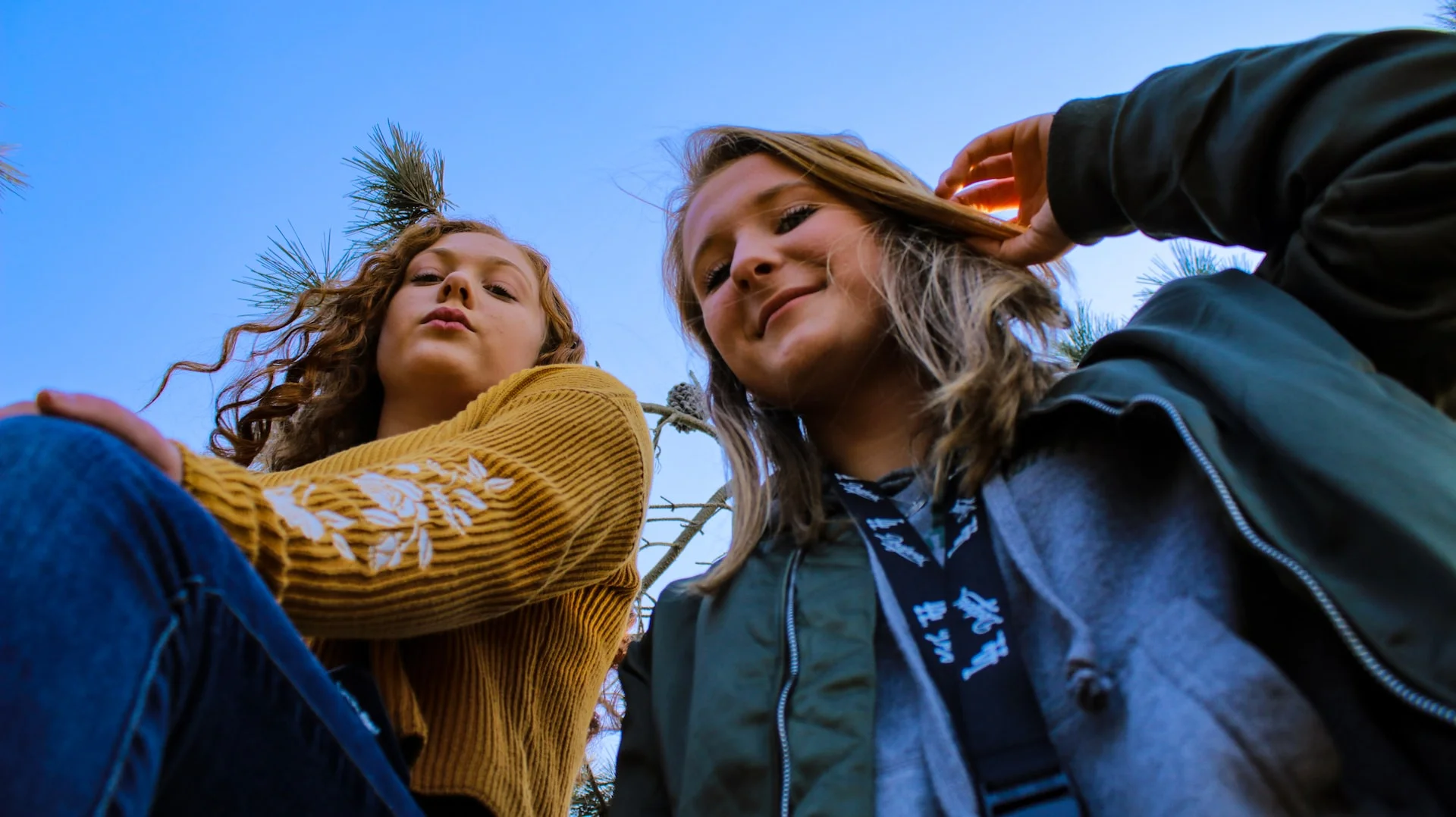
What is typical alcohol and substance use?
None. There is no typical alcohol or substance use during childhood or teenage years.
Even though alcohol and other substances are illegal for minors and people would expect us to abstain from use, we are curious and get exposed to these things, offered them, and pressured to use them. Also, when we have certain difficulties, including, anxiety, depressed mood, behavior problems, inattentiveness, we are more prone to give alcohol and substances a try.
While most substances can be extremely harmful to everyone, including adults, most adults are occasional alcohol users. However, when we are adolescents, we don't react to alcohol the same way as adults. We seem to experience more of the pleasant effects, which can easily lead to excessive use and loss of control. Also, our brain is extremely sensitive to alcohol's neurotoxicity that can compromise our health, security, and further development in the long run.
Because using alcohol or substances usually serve their intended purposes (eg, alleviating anxiety, amplifying positive brief experience), at least at first, chances of using them again may increase over time, leading to negative impacts on physical development, everyday life, school performance , and social relationships, as well as increasing tendencies for risky behaviors.
When should I pay special attention to alcohol and substance use?
Alcohol or substance use during childhood or adolescence should always be a cause of concern for caregivers. The longer a substance has been used, the more habit forming and dangerous it becomes.
In addition to that, there are some signs that we might be developing a serious problematic use. Some of those signs are:
- Changes in our behavior, everyday rituals, and friendships.
- Mood swings, irritability, or argumentativeness.
- Unusual agitation, restlessness, or hyperactivity.
- Lethargy, being slowed down, sleeping more or lack of motivation.
- Declining grades, skipping school, and poor school or work performance.
- Loss of interest in hobbies or extracurricular activities, such as athletic, artistic and social endeavours.
- Comments from other teachers, school staff, classmates or friends, and caregivers.
- Having most friends who use substances.
- Dangerous behavior such as getting into fights, driving while impaired, or dangerous sexual activity.
- Isolating from friends or missing school events.
- Borrowing or taking money or valuables.
- Missing prescription drugs or missing alcohol.
- Feeling the need to use substances in all sorts of situations, such as going to school.
- Feeling that there is only fun when using substances.
- Feeling the need to use substances when dealing with a problem.
- Not being able to stop using it even when wanting to.
What can I do if I struggle with alcohol and substance problems?
If you understand that you struggle with alcohol and substance use problems, there are a few things you may try:
- Ask a trusted adult for help . Trusted adults are usually our caregivers, other family members, or someone else who is responsible for taking care of us. Let your trusted adults know about your difficulties. They can be helpful for assisting you and helping you get any additional help you may need.
- Understand the reasons why you shouldn't be using substances. The potential consequences of drinking alcohol and using substances are real. Any substance that impairs our judgment makes it more likely that we find ourselves in dangerous situations. Alcohol and other substances can often affect school performance, relationships, and chances for the future. Having open conversations about these consequences can increase our chances of making better decisions for ourselves.
- Don't worry about saying "no" to your friends. It is common that we give in to trying substances so friends won't think we are weak or old fashioned. Saying no to your friends and sticking to what you believe in can actually show confidence and strength.
- Try to understand what is happening to you. Try to pay attention to what triggers you and what is the function that using substances has to you. Try to pay attention to what you are feeling and thinking before you engage in the behavior, as well as how you feel afterwards.
- Pay attention and look for help for other mental health difficulties. If you notice that you struggle with other mental health difficulties (such as inattentiveness, hyperactivity, reactivity, excessive worries, etc.), look for help so that these factors will not increase the risk of you experimenting with alcohol.
If you are concerned because you are already using alcohol or other substances, it may be helpful to seek out professional support, since timely identification and intervention are essential for supporting someone who is using substances.
Alcohol and substance use that is too frequent, intense, present in many different contexts, and that negatively interferes with our daily lives may indicate the possibility of Substance Use Disorders.
What kind of professional support can be sought out?
It is not unusual for us to feel embarrassed, inadequate, or guilty if we are using alcohol and other substances. But, if you think you are facing this difficulty, support and guidance are available now.
Pediatricians or family physicians can help to address initial concerns and refer to specialized professionals. Also, whenever possible, a consultation with a mental health professional may be helpful.
The public system provides services through the Child and Adolescent Mental Health Services (CAMHS) and Centers of Multidisciplinary Assessment, Counseling, and Support (KEDASY).
Where to find more information
Specific, detailed, and clinical information on Substance Use Disorders can be found at [clinical short guide at the program website].
If you want to know more about the closest available services for educational and public health systems for children and adolescent assistance across the country, go to our Services Mapping webpage here.
You can also find more information by pointing your phone camera at the QR code below or by clicking here.




